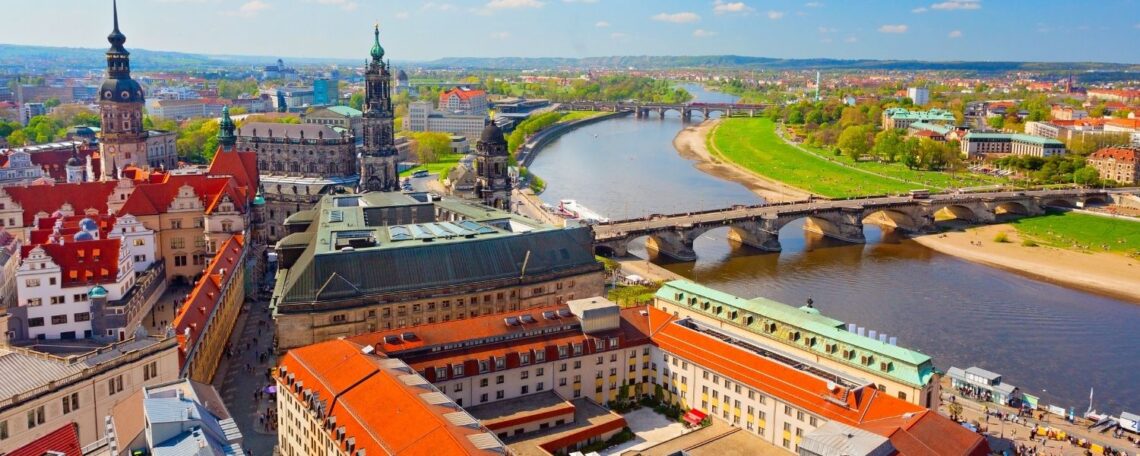Completing the German naturalization test (Einbürgerungstest) in Saxony (Sachsen) is a crucial step toward achieving citizenship. We’ve included English translations of all the test questions and answers alongside the original German text. Our practice tests are designed to closely match the official exam you’ll take, specifically tailored for Saxony. However, please keep in mind that these are intended for practice only; you must schedule your official test through your local VHS (Volkshochschule) or another certified institution.
For additional information, check out our guide: Naturalization test in Germany. For specific details on the naturalization process in Saxony (Sachsen), visit the official Saxony state website here.
In addition, don’t forget to plan your vacations by taking a look at the Saxony holidays.
Saxony (Sachsen) citizenship test in English
Please note: The English translations included in the Germany citizenship test for Saxony are provided only to help you understand. There will be no English questions and answers in the official test. German naturalization test for Saxony available on the site has been obtained from the official website of the Federal Office for Migration and Refugees of Germany and have been translated into English. If you want to take the “Leben in Deutschland” test for a different state in Germany, please return to our states page.
More about the state of Saxony (Sachsen)
Before exploring the questions and answers for the German naturalization test for Saxony, let’s briefly introduce the state. Saxony is located in eastern Germany, with a population of over 4 million and an area of 18,000 square kilometers. Its capital is Dresden, making it the largest and most populous state in East Germany. Saxony borders Brandenburg and Berlin to the north, Bavaria to the south, and is close to the Czech Republic. Other important cities in the state include Leipzig, Chemnitz, Zwickau, Görlitz, Plauen, and Bautzen. A regional dialect known as “Sächsisch” is spoken here.
Dresden is particularly known for its baroque architecture, and in Chemnitz, you’ll find the world’s second-largest portrait, the 16-meter-high Karl Marx bust.
Dresden is also the birthplace of the coffee filter, invented by Melitta Bentz. The production of coffee filters continues there to this day. Additionally, Plauen lace, Meißen porcelain, and Glashütte watches are other renowned products that add to Saxony’s fame. In 2019, Saxony recorded the highest gross domestic product (GDP) among German states, amounting to approximately 128 million euros. Now, let’s get into citizenship test for Saxony!


